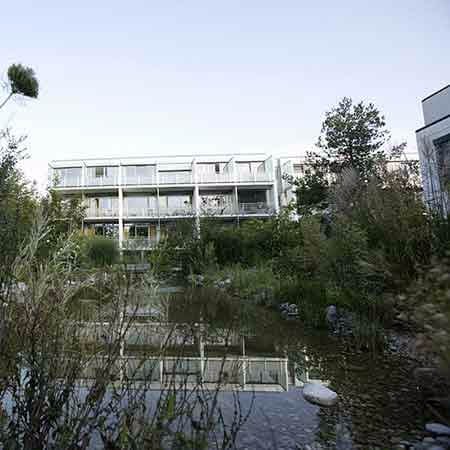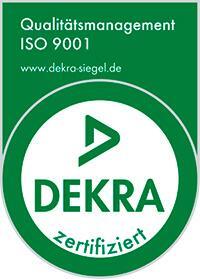A perirenal tissue abscess is a severe, life-threatening disease that requires invasive procedures or surgery. Doctors in German clinics remove pus from the cavity with a needle (percutaneous drainage). In many cases, this minimally invasive procedure replaces surgery. If surgery is required, then even in the most complex cases, doctors will strive to cure the disease whilst preserving the organ, avoiding kidney removal.
Content
- What is an abscess of the perirenal tissue
- Surgical treatment
- Conservative therapy
The cost of perirenal tissue abscess treatment depends on where you undergo your treatment, who carries out your treatment and what methods are used. We will help you to select a clinic with the best combination of price and quality of medical services.
It is better to undergo treatment in a clinic where the doctors specialize in perirenal abscess therapy and have a record of achieving significant results: the University Hospital of Ludwig Maximilian University of Munich, the Urology Hospital Munich-Planegg Munich, the University Hospital Ulm.
Leave a treatment request on the Booking Health website. We will select a specialized hospital and a doctor, organize your flight to Germany, take care of your accommodation, interpreting services and medical insurance. For maximum comfort, a personal medical coordinator will be in touch with you throughout the entire process.
What is an abscess of the perirenal tissue
A perirenal tissue abscess is the accumulation of pus around the kidney. The main cause of the disease is from an ascending urinary tract infection with pyelonephritis. The disease initially develops in the urethra or bladder and then extends to the kidneys and surrounding tissue. Hematogenous spread of the infection (through the blood) from other organs may also occur. In such cases, staphylococcus aureus is the most common pathogen. The risk level of this disease is higher if it is accompanied by diabetes mellitus, developmental anomalies of the urinary tract or other comorbidities.
A perirenal abscess often develops as a complication of a kidney abscess. Initially, this is a purulent process delimited by a capsule. If left untreated however, the capsule ruptures and the abscess can break into tissues surrounding the kidney. In this case, the inflammatory process spreads and the severity of the disease worsens.
Diagnostic methods:
- Ultrasound scanning is the most commonly used procedure. Ultrasound can detect up to 93% of abscesses.
- Computed tomography is even more accurate. It provides 94.6% sensitivity.
- MRI is rarely used, only in cases where it is required to distinguish an abscess from a tumor.
To determine the causative agents of the disease, punctate fluid culture is used to determine the sensitivity of bacteria to antibiotics.
Surgical treatment
Once an abscess is detected, it must then be opened. To do this, the following methods can be used:
Percutaneous drainage is a minimally invasive treatment that involves inserting a thick needle into the abscess cavity through the skin. Doctors remove the pus and inject drugs that relieve inflammation and kill bacteria. The procedure is carried out under ultrasound guidance. Upon completion, the drainage tube is left in the wound.
Surgical drainage is performed if there are many abscesses or if they are located in a place which is inconvenient for percutaneous drainage. Doctors make an incision and place a drainage tube. The tube is removed after 3-4 days, when the pus discharge stops. The sutures are removed after 7-9 days.
Nephrectomy is the surgical removal of a kidney and its surrounding tissue. It is rarely used in developed countries, only in the most severe cases and when other treatment methods have been ineffective.
Conservative therapy
Conservative treatment complements a surgical one.
The perirenal abscess is caused by bacteria. To suppress these abscesses, doctors use antibiotics. Initially, drugs are prescribed empirically, doctors try to cover the range of possible pathogens. After a few days, doctors receive data from the antibiogram and, if necessary, adjust the treatment regimen.
Many patients suffer from severe intoxication syndrome. They receive infusion solutions, anti-inflammatory drugs and symptomatic therapy.
If you are going to start the diagnostics process and continue with the treatment of an abscess of the perirenal tissue in Germany, you will find the Booking Health service helpful. On the website you can compare hospitals’ success rates and the cost of medical services in different urological departments in German clinics. The Booking Health specialists will help you select a hospital, a therapy with reasonable prices and arrange the entire trip.
Authors:
The article was edited by medical experts, board certified doctors Dr. Nadezhda Ivanisova and Dr. Sergey Pashchenko. For the treatment of the conditions referred to in the article, you must consult a doctor; the information in the article is not intended for self-medication!
Sources:
MedicineNet
Web MD
PubMed
















